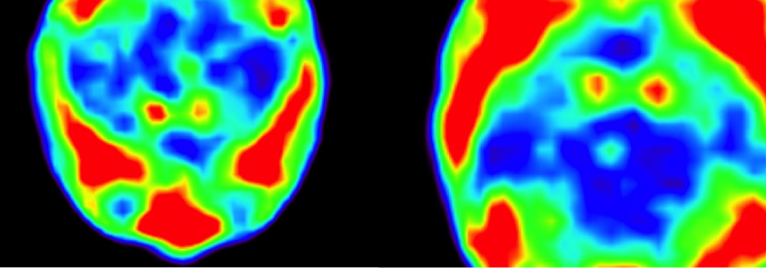It has long been acknowledged that multiple sclerosis disease risk is associated with reduced sun-exposure, and subsequent low vitamin D levels. The study by Ostkamp et al. now assessed the relationship between measures of sun exposure and MS severity. For this, the researchers analyzed data of around 2,000 patients from the German NationMS- and the French BIONAT cohort. To approximate a patients’ sunlight exposure, the researchers used serum vitamin D measurements, the geographical latitude of residence, and UV-light estimates extracted from the recordings of NASA satellites. As expected, high serum vitamin D could be shown to be associated with a reduced MS severity score, reduced risk for relapses, and lower disability accumulation over time. Furthermore, low latitude associated with higher vitamin D levels, a lower MS severity score, fewer gadolinium-enhancing lesions, and lower disability accumulation over time. As an exception, no association between latitude and disability was found in patients who were treated with IFN-β before the start of the study. This lined up with a finding from an RNA-sequencing analysis, in which the researchers could show an induction of the type I interferon-pathway in a small cohort of patients, who were treated with narrowband UVB-light for six weeks.

Patrick Ostkamp was in the team of scientists who analysed the cohort data. (Photo: Leßmann)
Therefore, as UVB potentially initiates an interferon response itself, it might be possible that no effect of UVB can be observed in patients whose blood is already saturated with interferons. Although the study shows that sunlight exposure has a beneficial effect on MS severity, the researchers argue against excessive sun exposure, as the observed effects of UV-light were of comparably low magnitude, and photosensitive patients who carried a genetic variant of the melanocortin-1-receptor (an important factor for pigmentation) even seemed to worsen upon increased sunlight exposure, according their MRI activity.
Reference: Ostkamp P, Salmen A, Pignolet B, Görlich D, Andlauer TFM, Schulte-Mecklenbeck A, Gonzalez-Escamilla G, Bucciarelli F, Gennero I, Breuer J, Antony G, Schneider-Hohendorf T, Mykicki N, Bayas A, Then Bergh F, Bittner S, Hartung H-P, Friese MA, Linker RA, Luessi F, Lehmann-Horn K, Mühlau M, Paul F, Stangel M, Tackenberg B, Tumani H, Warnke C, Weber F, Wildemann B, Zettl UK, Ziemann U, Müller-Myhsok B, Kümpfel T, Klotz L, Meuth SG, Zipp F, Hemmer B, Hohlfeld R, Brassat D, Gold R, Gross CC, Lukas C, Groppa S, Loser K, Wiendl H, Schwab N, German Competence Network Multiple Sclerosis (KKNMS) and the BIONAT Network. 2021. Sunlight exposure exerts immunomodulatory effects to reduce multiple sclerosis severity. Proc Natl Acad Sci U S A. 118(1):e2018457118.

















